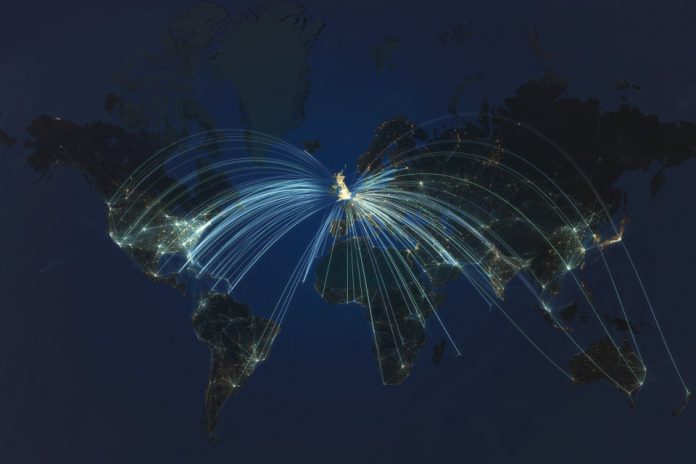- The trade preference scheme will cover any eligible countries that do not have their existing trade agreements transitioned into a new agreement with the UK.
- The UK imported approximately £8 billion-worth of textiles and apparel products from eligible countries last year. The Government is planning on improving the scheme to better support developing countries – more details will be announced in 2021.
- The import rates and customs procedure are now on gov.uk.
British importers will continue to pay zero or reduced tariffs on everyday goods such as clothing and vegetables from the world’s poorest countries now the UK has left the EU, Liz Truss will announce today (Tuesday 10 November).
The UK’s Generalised Scheme of Preferences (GSP) will cover all the same countries that are currently eligible for trade preferences under the EU’s GSP, allowing businesses to trade as they do now without disruption.
Imports from 47 of the world’s least developed countries, including Bangladesh and Malawi, will not face any tariffs – supporting their economic development through business and trade. Low-income and lower-middle income countries will benefit from lower tariffs compared to the UK Global Tariff.
In 2019, the UK imported approximately £8 billion-worth of textiles and apparel products from countries which are part of the EU GSP. This accounted for 30% of all textile and apparel imports into the UK. We also imported approximately £1billion-worth of vegetables from eligible countries, accounting for around 8% of all vegetable imports.
International Trade Secretary Liz Truss said:
Free trade helps businesses to grow, boosts the economy and creates new jobs. We are making sure that the world’s poorest countries can continue to take advantage of the opportunities that free trade offers them by allowing them to export their products to the UK at preferential rates.
This will help developing economies to establish strong industries, creating jobs and helping them to reduce their reliance on overseas aid in the long term.
The scheme will also help British businesses to continue trading seamlessly after we leave the EU, as well as giving British consumers continued access to some of their favourite products at affordable prices.
The UK’s GSP will also help to make products from developing countries more attractive to UK importers, enabling businesses in developing countries to grow and prosper and supporting jobs in those economies.
Foreign Secretary Dominic Raab said:
Global Britain is a partner of choice for developing countries. As today’s announcement demonstrates, we take a liberal approach to trade, recognising that many developing countries want to trade their way to greater prosperity.
We back that up with the integrity of the investments UK businesses make, and our commitment to be a force for good in their communities through our support for green jobs, climate change mitigation and programs to deliver girls education.
Businesses that trade on these terms can now visit gov.uk and find the information they need in order to continue doing so. This includes:
- Import rates under the UK GSP.
- Customs requirements for businesses to claim the GSP tariffs.
- List of eligible countries including those that will receive GSP market access if they do not implement a trade agreement with the UK before 1 January 2021.
Notes to editors
The full list of countries set to benefit from this scheme is available on the trading with developing nations from 1 January 2021 page.
The UK’s Generalised Scheme of Preferences (like the EU’s) has three Frameworks:
- The Least Developed Countries Framework will give duty-free quota-free access for all 47 countries classified by the UN as Least Developed Countries. This commitment is enshrined in law, in line with the UK’s commitment to the Global Goals.
- The General Framework will reduce tariffs on certain product lines to Low-Income and Lower-Middle Income countries.
- The Enhanced Framework will remove tariffs on certain product lines for eight economically-vulnerable Low-Income and Lower-Middle Income Countries which meet conditions related to sustainable development.







